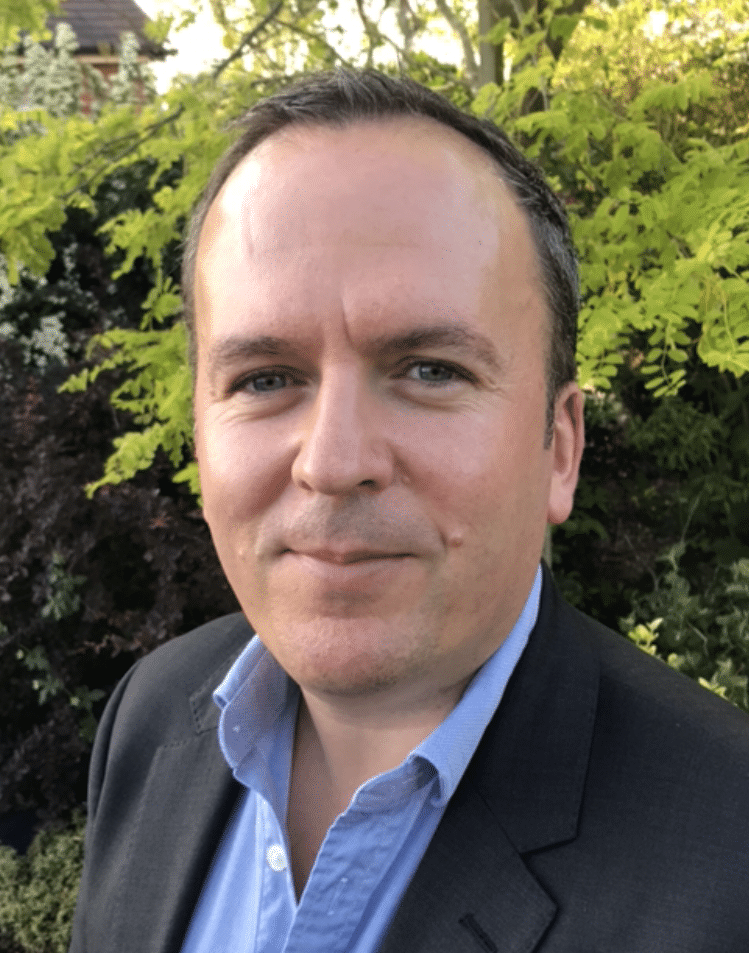
Dr. Ben Marlow
Consultant Paediatrician
We use the Early Start Denver Model (ESDM) or if preferred, the Pediatric Autism Communication Therapy (PACT). Our world-renowned experts in brain and mind development will ensure your child gets the best treatment for them.
Both intervention models are evidence-based, meaning that they have been tested in randomised clinical trials for their short-term and long-term effectiveness.
Several published ESDM and PACT studies have demonstrated improvements in reciprocal social interaction, language, communicative initiation, parent-child interaction, and cognitive skills in young children with autism.

Early intervention is the intervention implemented during infancy and pre-school years to children who have developmental differences when compared to their peers (eg Autism Spectrum Disorder).
The goal is for these children and toddlers to meet the developmental milestones and reach their full potential. According to the charity Autism Speaks, early intervention affords the best opportunity for healthy development and long-term benefits.
The younger the brain, the greater the plasticity and thus a great window of opportunity for learning new skills. According to the Center on the Developing Child, Harvard University, the first years of life are the ones where the brain’s ability to change in response to experiences is the highest, while at the same time, this change requires less effort. As the years go by, the brain gets less able to change in response to the environment, while these changes require more effort.
Parents and caregivers learn how to interact and play with their child in an enriched and responsive way. Parents become the child’s ‘therapist’, under the ongoing supervision and support of our specialists.
Young children spend most of their waking hours with caregivers in everyday activities and contexts. Changing those daily interactions by responding more sensitively to the learning needs of young children with autism can provide more opportunities for practice and learning than any external provider can. Even when external providers work with the child, there is still a need for active parental involvement for emotional reasons (e.g. due to the very young age of the children) and practical reasons.
ESDM is an early intervention program that was developed at the UC Davis Mind Institute of the University of California and uses intensive play-based activities embedded into the daily routines of young children. ESDM can be applied to toddlers and children between 1 & 5 years old.
Acknowledged as one of the top 10 medical breakthroughs in 2012, it is designed to enhance language, non-verbal communication, imitation, joint attention, play, motor & self-care skills. The model is widely used in the USA, Canada, Australia, and Europe and we are delighted to be the first clinic in the UK to provide ESDM Parent Coaching for families, both face-to-face and remotely.
ESDM is an intensive Naturalistic Developmental Behavioural Intervention (NDBI) as it derives from Developmental Psychology and Behavioural Science. It is play-based and applied in natural settings like the child’s own home or the nursery/ early education setting. The learning occurs in everyday situations such as playtime, mealtime, nappy change, and bath time so it is easy for parents and caregivers (grandparents, nannies, etc) to practise.
ESDM boosts positive and fun relationships and interactions between children and caregivers and thus enhances learning. The ESDM Parent Coaching Programme includes training in ESDM principles & practicing them during the sessions. The parent coach gives direct guidance as well as facilitates parent reflections. Parents apply objectives based on the ESDM Developmental Curriculum completed for the child.
It is never ‘too early’ to start ESDM as it can facilitate typical development and learning for babies who are at risk as well as change the developmental trajectory of toddlers who are already diagnosed. Families with concerns about the development of their infant or toddler, or whose toddler already has a diagnosis of autism or other developmental condition, can benefit immensely from the Early Start Denver Model.
ESDM was originally created based on the strengths and difficulties of children with autism but it has helped numerous young children. To name a few, these include:
PACT is a low-intensity, early social communication intervention working through parents and caregivers, which was developed at the University of Manchester, UK. This can be applied to children aged between 2 & 10 years old.
PACT is a parent/caregiver-led video feedback intervention. The process involves recording sessions of parents/caregivers playing with their child.
During the session, the parent and the therapist watch these recordings together and the parent learns to recognise subtle moments of interaction with their child, with the help of the therapist. Namely, the therapist helps parents to reflect on their interaction and communication with the child and thus change their behaviour when required.
The change in the parent’s behaviour/synchrony then improves the child’s communicative initiations. The parent and therapist write the intervention goals together.
The therapy consists of twelve 1-1.5 hour sessions every two weeks, for a period of six months, with the option of monthly maintenance sessions. In comparison with other intensive treatments that may require many hours per week, PACT is therefore of relatively low intensity and may be feasible for working parents.
Between sessions, parents are asked to practise PACT strategies for at least 30 minutes per day during play or natural interactions with their child.
PACT can work alongside other interventions as it addresses the social communication needs and improves the quality of parent/caregiver-child interaction. In comparison, other treatments may be needed to support skills like self-help skills, learning, toileting etc.
To make an inquiry about our ESDM and PACT services and how they can help you, simply fill out the form above and our friendly team will get back to you as soon as possible.
Sign Up for Our Newsletter
Get our latest news, podcasts, insights, and expert knowledge
"*" indicates required fields